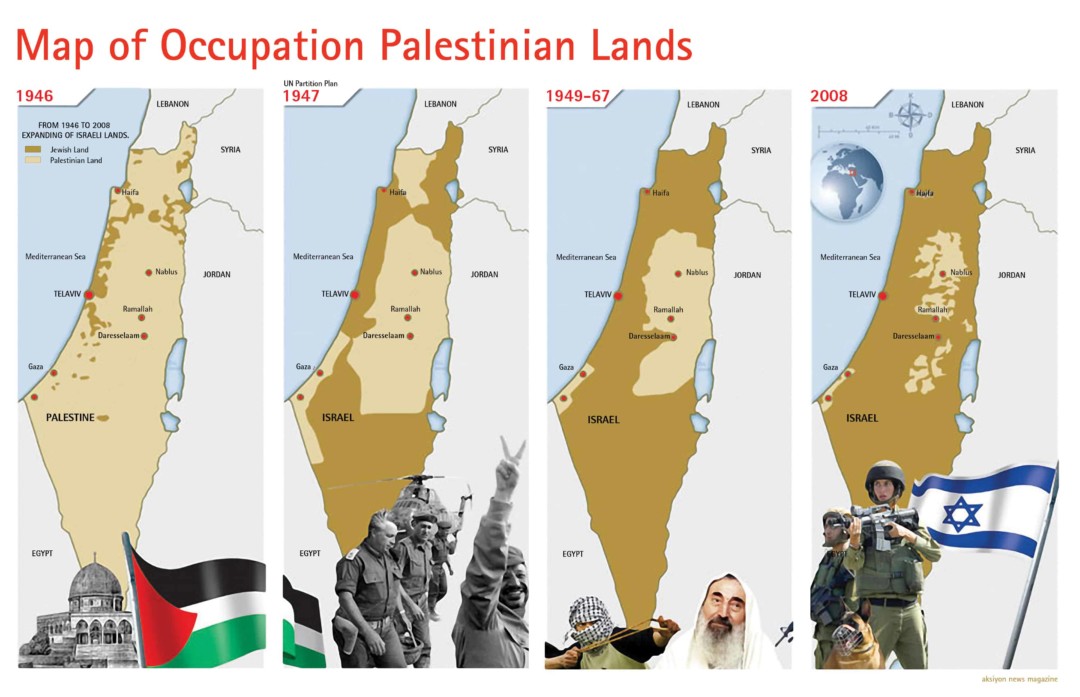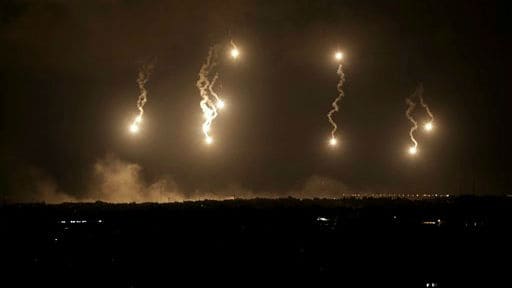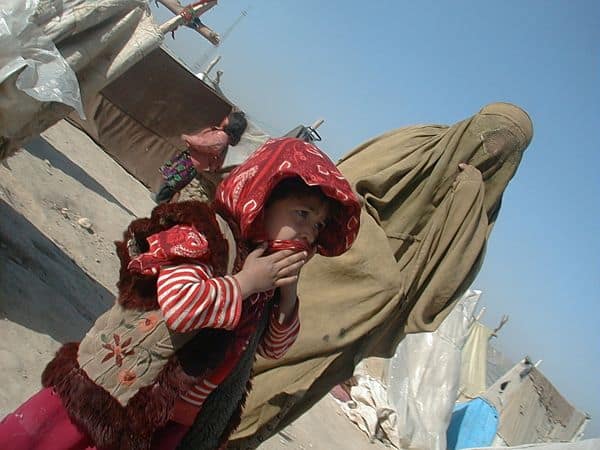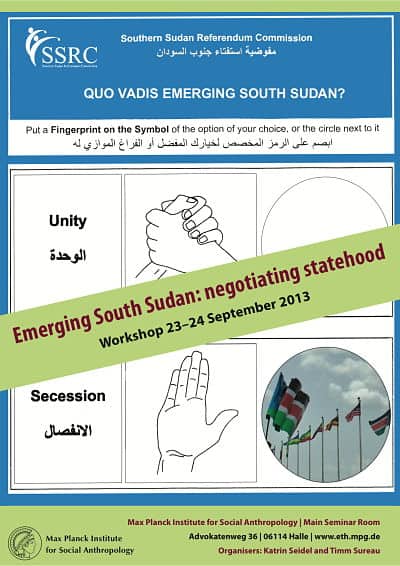Regrettably – due to constraints of time to discuss it – the motion was not adopted. We want to believe that this was only a temporary set-back and that given some time to reconsider, the European anthropological community, alike our professional community worldwide, will be fully prepared to get much more vocal.
And indeed, this is something that we NEED to do collectively! Otherwise there is the danger that those who boldly fullfill this crucial societal task will be persecuted individually.
We recently learned of an alarming tale from the US of just this: allegedly the renown scholar Steven Salaita was fired for his ‘uncivil’ tweets on Israel – a scary warning that we might see the resurrection of ‘the blacklist’.
Much is uncertain, but this much is for sure: if & SINCE we are serious in making an impact on the world, we need to get & stay unified! Below is the summary of the proposed #EASA2014 motion, shared here with the courtesy of Samuli Schielke and Alice Elliot:
Dear All,
At the recent 13th EASA Biennial Conference in Tallinn, a motion was proposed to the Members’ Forum to unequivocally condemn the on-going violence in Gaza. As the preparation, discussion, and vote on this motion happened very quickly, we, the motion’s presenters, write to provide some information on the motion itself, as well as on the context in which it was proposed.
Over dinner on the evening preceding the Members’ Forum, a group of anthropologists expressed a shared concern about proceeding with conference business as usual while a violent conflict was raging in Gaza, with the death toll of civilians dramatically rising during the days of the conference. As an immediate reaction to these fast-unfolding events, a motion was drafted for the Members’ Forum, which was scheduled for the following day.
The principal aim of the motion was to trigger discussion amongst EASA members on what stance, if any, the Association should take on the harrowing situation in Gaza as it unfolded. The specific focus on Gaza was owed to the urgency of the crisis, as well as the fact that Israel’s actions have been largely immune from official criticism and pressure by European governments, resulting in a worrying normalisation of a devastating situation.
At the Forum, held on 2 August 2014, the following motion was proposed by Julie Billaud, Erdem Evren, Martin Fotta, Aymon Kreil, and Samuli Schielke. The motion was presented by Samuli Schielke and Alice Elliot:
“We propose that a motion is passed: With our long European history of turning a blind eye to massacres happening either amongst us or at our doorstep, we feel that as anthropologists we must refuse to participate in this history of silence, and today denounce the massacre that is currently being perpetuated by the state of Israel in Gaza. The European Association of Social Anthropologists condemns the on-going war and blockade against the inhabitants of the Gaza strip.”
In addition to this motion, and as a separate point, it was formally proposed that EASA open a discussion about the global campaign for Boycott, Divestment, and Sanction against Israel, including the possibility of supporting the Palestinian Campaign for the Academic and Cultural Boycott of Israel. Similar discussions are underway in other professional associations within the discipline.
The proposals were made at the end of the Members’ Forum, under agenda point 6 “any other business/requests by members,” at which point the meeting was coming to a close. In view of the time pressure, the motion was put to vote as it stood following only a brief discussion.
The result was 50 votes in favour, 28 against, and 28 abstentions. The motion therefore was not carried, since an absolute majority is required according to EASA rules.
While the aim of this message is only to set out the content of the motion and the circumstances in which it was developed, we hope that there will be space within EASA’s structures to discuss Gaza and other events of this significance and scale with the nuance, sophistication, and heart that they require of us.
Yours sincerely,
Alice Elliot a.elliot@ucl.ac.uk Samuli Schielke samuli.schielke@zmo.de





